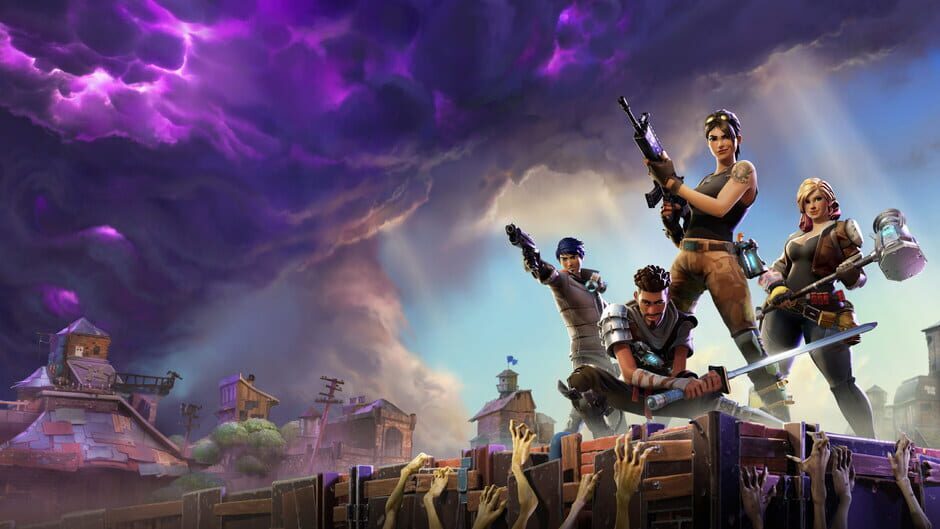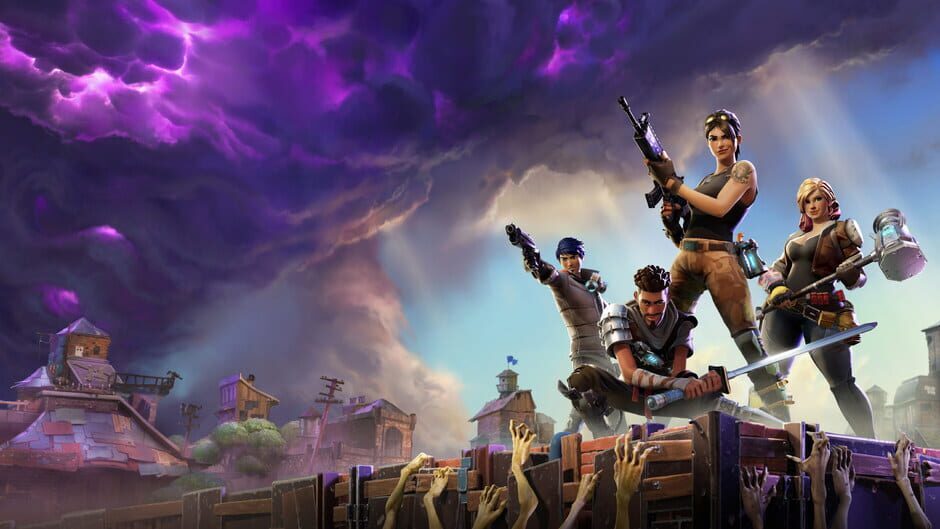
It’s undeniable that Fortnite had a huge impact on the gaming industry when it was released – the popular Battle Royale game quickly became the most played title in the world. Nevertheless, it hasn’t been able to mimic that success as an esport.
The game
The phenomenon that was Fortnite’s Battle Royale mode was one that went down in history. Where the main game received very little attention, the free-to-play BR mode managed to draw in over 10 million players in just the first two weeks after its release.
It didn’t end there – by March 2019, over 250 million accounts were registered in the game. Fortnite references were everywhere – on social media, in schools, in other popular media, and so on.
Fortnite had a lot going for it. While it wasn’t the first Battle Royale title by any means, it had much to offer.
Being free-to-play along with being optimized for older and weaker computers were two of the biggest factors. Just about anyone could play, and that was even before it made the jump to consoles and mobile devices and became even more accessible. Fortnite was easy to pick up even for inexperienced players, with a colorful art style that appealed to many.
The esport
Despite all that, Fortnite as an esport is an entirely different story – and not one of success. After fans called for an esports scene for some time, developer Epic Games stepped up in a major way – by offering huge prize pools for their first few tournaments.
Epic pledged a total of $100 million for the first year, $8 million of it for the first round of Summer Skirmish tournaments. Those tournaments were a disaster – from the complete lack of advertising beforehand to the games suffering from horrible lag, everything went wrong. It was so bad that Epic had to cancel after just four games, choosing a winner although nobody fulfilled the requirement.
To top it off, the format was poorly chosen and encouraged players to hide instead of hunting others – hardly fun to watch. In fact, players staying overly safe was one of the biggest problems Fortnite suffered as an esport – and it’s one Epic couldn’t fix.

After a very weak start, the game’s competitive fate seemed all but sealed. Even the incredibly large prize pools could only go so far to entice interest, and it wasn’t enough.
The Then, the Now and the Future
In 2020, things aren’t going as well for Fortnite. Epic is no longer publishing new player numbers, which is telling, but from streamers, social media posts and audiences we know that interest is declining. A huge skill gap has appeared, with experienced players wiping out weaker ones, and less-skilled players unable to make it even past the halfway point of a Battle Royale round.
On the esports side of things, it’s once again looking quite different. While the very first attempts at esports failed quite badly, Epic did manage to turn things around – at least somewhat. The 2019 Fortnite World Cup saw as many as 2.3 million viewers total. It was a record – the most watched competitive gaming event outside of China.
Epic didn’t follow up, though – after not announcing dates for another season well into 2020, they stated that they were delaying all cash tournaments due to performance issues. And in the midst of the coronavirus crisis, this may well spell the end of Fortnite’s troubled journey into esports.
Too little, too late?
Despite the World Cup’s success, by 2020, it seems like nobody is talking about Fortnite anymore – at least not as a competitive gaming title. It’s fairly easy to pinpoint what went wrong – Epic Games waited a long time to launch Fortnite esports and they struggled to recover from their poor first effort.
In addition to that, the very format of Battle Royale games isn’t well suited for esports. With periods of inactivity and players opting to hide, this genre lacks the continuous action that other genres like shooters and MOBAs offer.
It will take more than Epic’s huge war chest to rescue Fortnite as an esport now.


































